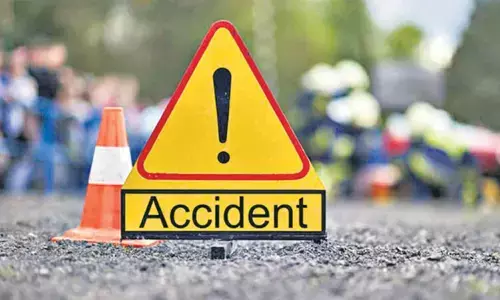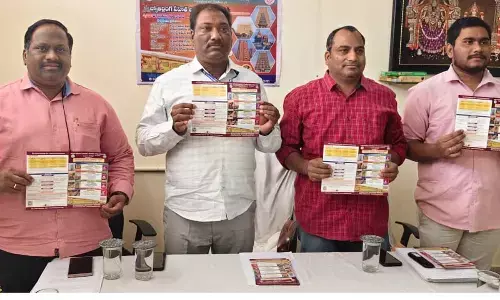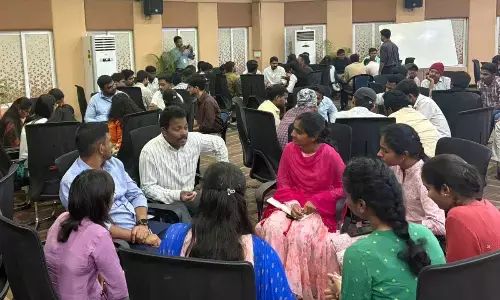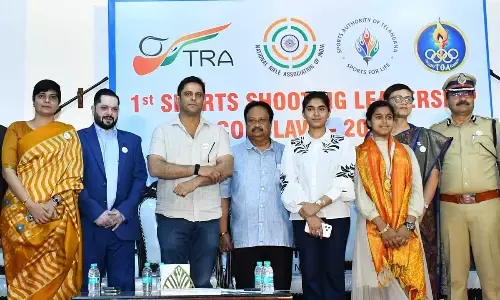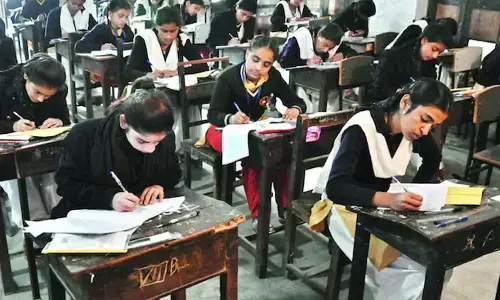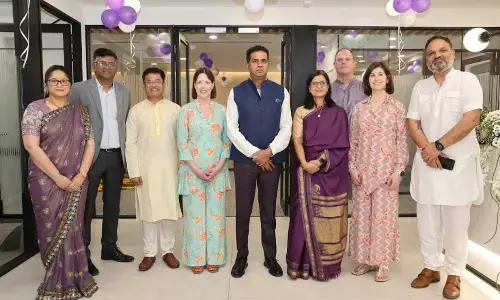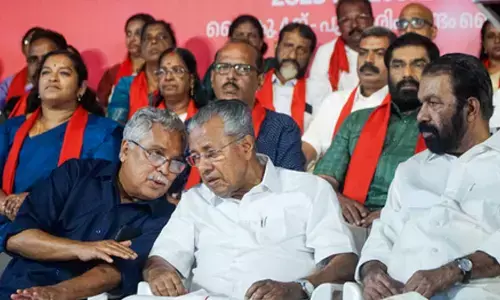How Delhi's rural neighbours can help clean up smog, pollution
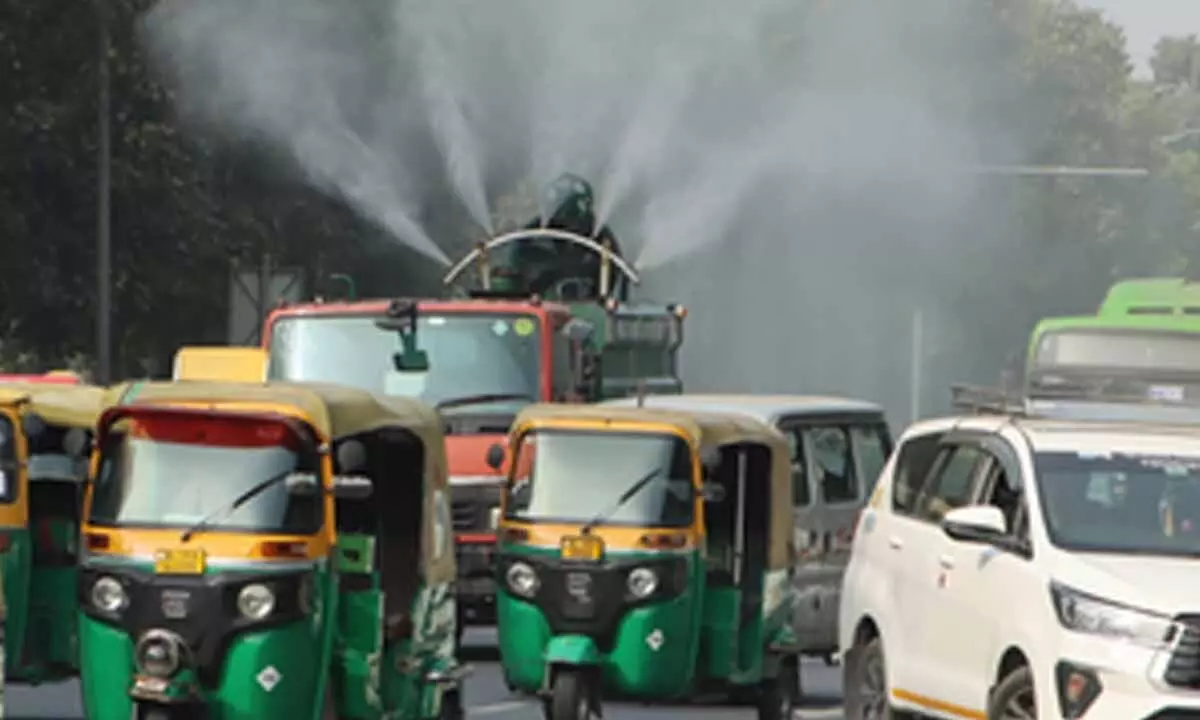
The national capital needs the help of its rural neighbours to finally beat its killer smog problem, according to experts.
New Delhi: The national capital needs the help of its rural neighbours to finally beat its killer smog problem, according to experts.
In most Indian cities (60 per cent), the air is more than seven times more polluted than it should be. This has huge health implications.
Some of this pollution comes from neighbouring rural areas -- from crop burning, wood stoves, or power plants.
"Delhi's neighbouring states have an important role to play in helping save lives in our city -- and in their areas too. We need an action plan with a sound scientific basis, and we need better monitoring. This requires cities, governments and others to work together. A joined-up approach is the only way to defeat this deadly health hazard," said Anwar Ali Khan, senior environmental engineer on the Delhi Pollution Control Committee (DPCC).
The DPCC did the survey in collaboration with researchers at the University of Surrey, UK and published in the journal Sustainable Horizons.
"Air pollution doesn't respect city boundaries -- and so it must be tackled at regional level. If cities like Delhi want to avoid the lethal smog seen in recent years, they'll need neighbouring rural areas to help them," said Professor Prashant Kumar, founding director of Global Center for Clean Air Research (GCARE) at the University of Surrey, UK.
"We know this approach works -- we've seen success in places like Mexico City and Los Angeles. By working together, we can tackle air pollution," he added.
The team said measures to tackle urban smog usually ignore rural sources. Instead, they focus only on measures within the city limits -- like boosting public transport or controlling pollution from industry and building sites.
The researchers recommended tackling air pollution at a regional level instead. This means identifying the wider area where a city's pollution is produced -- its so-called "airshed".
The recommendations include the need for regional air quality plans; smog forecasts that could be produced with better monitoring.
Satellites could spot bonfires and other sources of pollution. Scientists could then predict how it would interact with weather conditions, the team said.
They further said airshed councils may help local, regional and federal agencies coordinate their efforts.
"A significant portion of air pollution stems from sources outside city limits, which requires a shift from city-specific to region-specific emission reduction targets. The establishment of an airshed will be a critical tool for effective air quality management and planning," said Mukesh Khare, professor emeritus of civil engineering at the Indian Institute of Technology.


